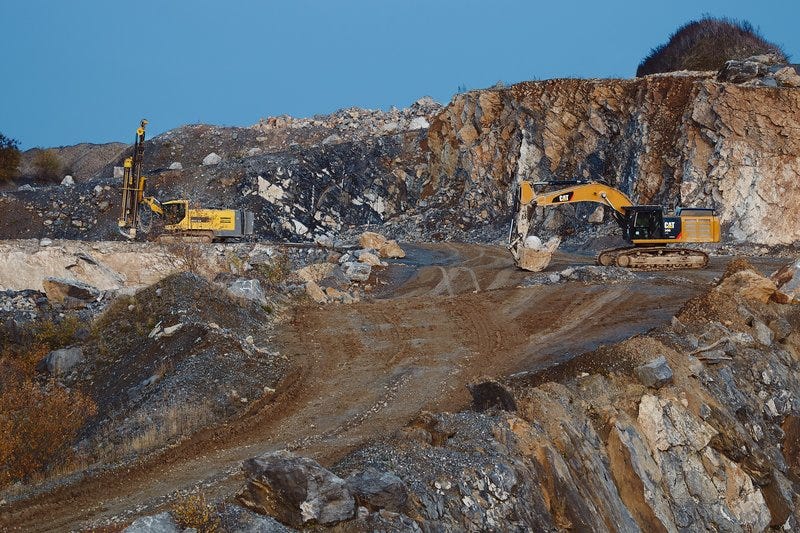Exporting Pollution
The Biden energy economy (BEE) is, at least to some, a noble move in the direction of saving the planet from the "certain" catastrophe of anthropogenic global warming. Via proclamation and the expenditure of (unfathomably large sums of) money (we don't have and can't tax into existence), the nation will rapidly decouple itself from hydrocarbon use, and thus save Mother Earth.
The numbers for all this, especially given the rejection of nuclear power, don't add up.
Wait... that's an insult to addition. The goals and diktats are so far detached from reality as to put them... not in left field, not in the next stadium, or the next city or on the other side of the planet, but in a galaxy far, far away. Barring an invention of globe-altering magnitude, the BEE fantasy is in the same realm as unicorns and leprechaun farts.
Nevertheless, and thanks both the pressure from those who ignore reality and to the promise of bottomless pits of OPM, Corporate America is increasingly committing itself to the BEE.
One of may obstacles to the BEE is the supply of the raw materials needed to build all those solar panels, all those windmills, and all those batteries. In particular, "rare earths" such as neodymium, dysprosium, indium, selenium, tellurium, terbium and gallium (named thus not for their scarcity but rather for the fact that they're distributed rather than concentrated in veins) will be needed in massive quantities to sate the BEE's massive up-scaling in wind, solar, and batteries.
China is the world's leading miner and refiner - by a LOT - of some of these elements. Other nations have large reserves - that they're just starting to tap into. The United States is seventh on that list - but seventh is no prize - we have only 3% of what China has.
But, of course, Biden isn't making the right move in that regard. Rather than expand domestic production (currently limited to one US location), the BEE is going to rely on imports.
Why, you might ask? One possible reason is that getting those elements out of the earth is a very dirty and water-intensive process. Keeping it overseas hides that reality from the true believers and those who aren't paying close attention. The BEE will, in short, rely on exporting pollution to keep up the illusion of "green and clean" that's at its core.
We've got a history of doing this. Despite ample space available for use as landfill here in America, we load trash onto ships and send it to other (often poorer) countries, where it's managed less carefully and with far less regard for the environment than we exercise here.
It really is "out of sight, out of mind" when it comes to the dirty side of the green penny, and countless "green" Americans consider their job done when they sort their trash and vote for politicians who peddle the BEE or its equivalents.
As for the BEE's goals themselves? Even if we achieve that impossibility, it won't make more than a blip's worth of difference on the global scale. It is beyond doubt that the BRICS and developing nations will not go down the same path, which means the BEE is nothing more than a pointless, economically suicidal virtue-signal that will only benefit those on the receiving end of all that OPM.



Well said. And about those rare earth metals the US does have? The environmentalists are stopping the mining of them, which makes perfect sense to them. They want "green energy", just not from their backyard